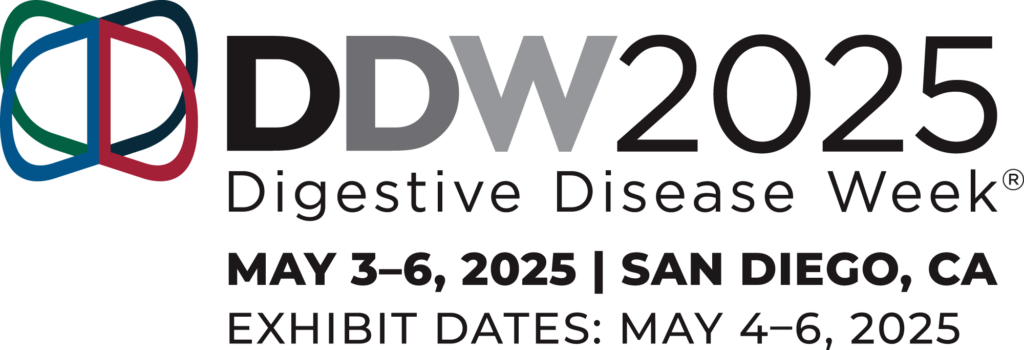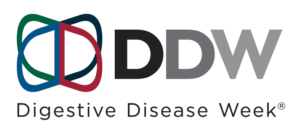San Diego, Calif. (May 9, 2019) — A new link has been found between a rare and serious condition that typically presents as itchy palms during pregnancy and the world’s most common chronic liver disease, according to research presented at Digestive Disease Week® (DDW) 2019. Researchers found that intrahepatic cholestasis of pregnancy (ICP), a bile acid disorder in adults that affects roughly one of every 300 pregnancies, may be associated with non-alcoholic fatty liver disease (NAFLD).
“Intrahepatic cholestasis of pregnancy is characterized by build-up of bile acids during pregnancy and is associated with an increased risk of fetal death if left untreated,” said co-author Erica Monrose, MD, of the Icahn School of Medicine at Mount Sinai, New York, New York. “NAFLD, on the other hand, has been linked with the dysregulation of bile acids, but their role is not well understood. Our research shows that there is a connection between impaired bile acid metabolism in both disease processes, which could have implications for future management of NAFLD.”
The study looked at medical records of 149 pregnancies complicated by ICP among a largely Latina population, one of three ethnic groups, along with Bengali and Swedish women, most often found with ICP. Researchers compared ICP pregnancies to a control group of 200 women, through liver imaging and other criteria. They found that women with ICP were 5.7 times more likely to have a diagnosis of fatty liver disease than patients in the control group.
“In the search for therapeutic drugs for NAFLD, scientists need a better understanding of the role bile acids play in NAFLD disease progression,” Dr. Monrose said. “If the connection is confirmed, ICP may prove a novel model through which to investigate bile acid metabolism in patients with NAFLD.”
In the U.S. alone, NAFLD, which is often treated by changes in diet, affects an estimated 80 to 100 million people and has become the second-leading cause of liver transplant, and the leading cause among women.
“In addition to helping solve the mystery of NAFLD, our study also suggests that ICP patients should be seen by a liver specialist because they may go on to develop chronic liver disease,” said Dr. Monrose.
Given these findings, additional research should look at differences in NAFLD progression in women who had NAFLD and were later diagnosed with ICP, compared to women with NAFLD who did not go on to develop ICP. Additionally, as bile acids have been implicated in the progression of NAFLD, future research should investigate possible differences in NAFLD progression between ICP patients and their counterparts. Finally, patients with NAFLD who develop ICP may benefit most from drugs being developed that target the bile acid metabolism pathways.
DDW Presentation Details
Dr. Monrose will present data from the study, “Intrahepatic Cholestasis of Pregnancy (ICP) is associated with higher prevalence of NAFLD: A case-control study,” abstract Sa1562, on Saturday May 18 at noon PDT. For more information about featured studies, as well as a schedule of availability for featured researchers, please visit www.ddw.org/press. Dr. Monrose did not report any disclosures for this research.
###
Contact for media:
Stephanie Wight, 202-868-4016
[email protected]
Aimee Frank, 301–941–2620
[email protected]
Digestive Disease Week® (DDW) is the largest international gathering of physicians, researchers and academics in the fields of gastroenterology, hepatology, endoscopy and gastrointestinal surgery. Jointly sponsored by the American Association for the Study of Liver Diseases (AASLD), the American Gastroenterological Association (AGA) Institute, the American Society for Gastrointestinal Endoscopy (ASGE) and the Society for Surgery of the Alimentary Tract (SSAT), DDW takes place May 18 – 21, 2019, in San Diego, California. The meeting showcases more than 5,000 abstracts and hundreds of lectures on the latest advances in GI research, medicine and technology. More information can be found at www.ddw.org.





